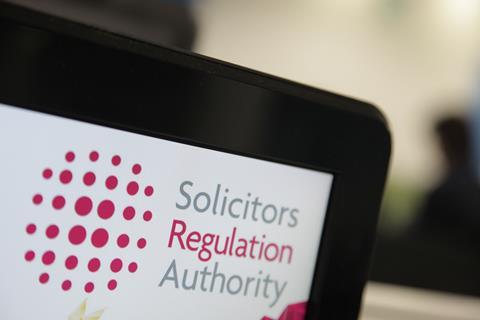Tens of thousands of non-practising solicitors will be asked to pay an annual fee of around £30-£40 to stay on the roll, the Solicitors Regulation Authority has confirmed. The requirement could potentially net the regulator up to £2.4m a year in additional fees from the profession.
The change, flagged in a May consultation on the annual ‘keeping of the roll’ exercise, will mainly affect those who are retired or work in-house. It is needed in order to comply with data protection law, the regulator said. Anyone who does not complete the annual application to stay on the roll will no longer be able to call themselves a non-practising solicitor.
Until 2014, all solicitors without practising certificates were required to complete an application each year and pay an administration fee if they wished to remain on the roll. The SRA then decided not to continue updating the roll annually for non-practising solicitors as the process was seen as burdensome.

As of May this year there were over 214,032 solicitors on the roll, with 60,192 classed as non-practising.
Paul Philip, SRA chief executive, commented: 'Since we stopped the previous keeping of the roll exercise there have been significant changes to data legislation and requirements. We now need to reintroduce a process for ensuring all data held on the roll is accurate and up-to-date. Importantly, we are working to make sure that the costs are as low as possible and that the process is straightforward.
'Ahead of this we will be making extensive efforts to get in touch with those on the roll to make them aware of the requirements and make sure we have accurate contact information for them, so that they can take part in the exercise if they wish to.'
The roll confers a number of benefits on solicitors without practising certificates, including the right to vote in the Law Society Council elections, access to the Law Society Hall and its library, and other discounts and benefits.
The SRA consulted on an annual administration fee of £30-£40 to stay on the roll, confirming the exercise will be cost-neutral. The exact charge, which will ‘be as low as possible’, will be confirmed ‘in due course’.
This article is now closed for comment.



























24 Readers' comments